False entertainment
вАШI want to travel to the seaside, but now I can see the most beautiful sea in the world on TV without leaving the house.вАШ





We’re just in this cycle of day after day. Gradually, we become like machines, constantly working, cheering ourselves on, and then into the work. We are like cogs in a machine, rusting away at our busy work. But these games and cultural entertainment industries are our lubricant, turning our old spinning gears again.The manipulation of large masses of people by the business world has come to permeate our whole culture.In the same routine, people lose the courage to criticize the system and the perspective to resist power.
By creating false films, entertainment and music, people’s grievances, desires, desires and dreams are created, which in turn weakens their faith and drive for revolution and immerses them in a never-ending cycle of daily life.
However, these immersive entertainment cultures were born in what two German philosophers called the “cultural industries”
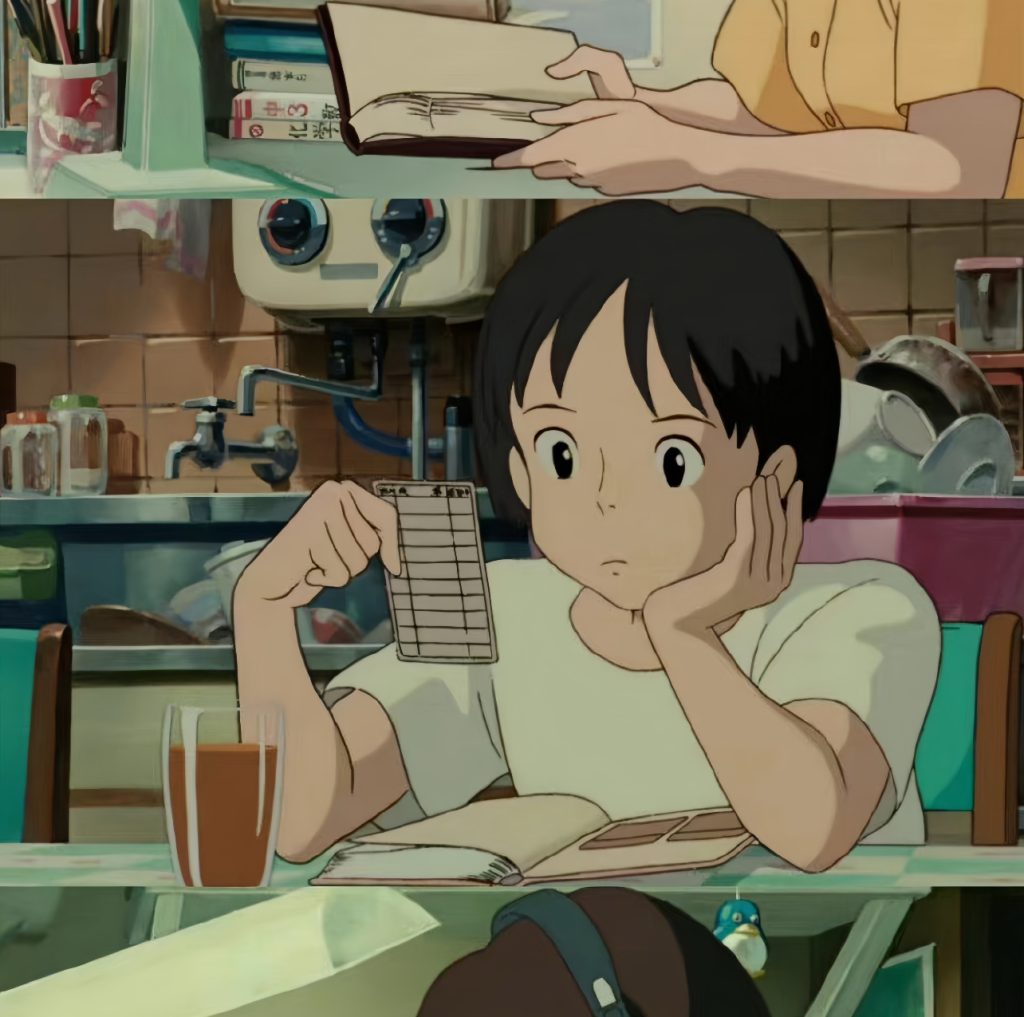

вАЩFrankfort SchoolвАШ
(1923-1970s)
The term “cultural industry” first appeared in Adorno and Hammer’s Dialectics of Enlightenment. This had a broad and far-reaching impact on the traditional Marxist cultural outlook and even the later modern thought and cultural studies.
Adorno and Hammer, meanwhile, call their theory “critical theory.” They later founded the famous Frankfurt School. And this book is one of the representative works of their school.
Difference oppinon
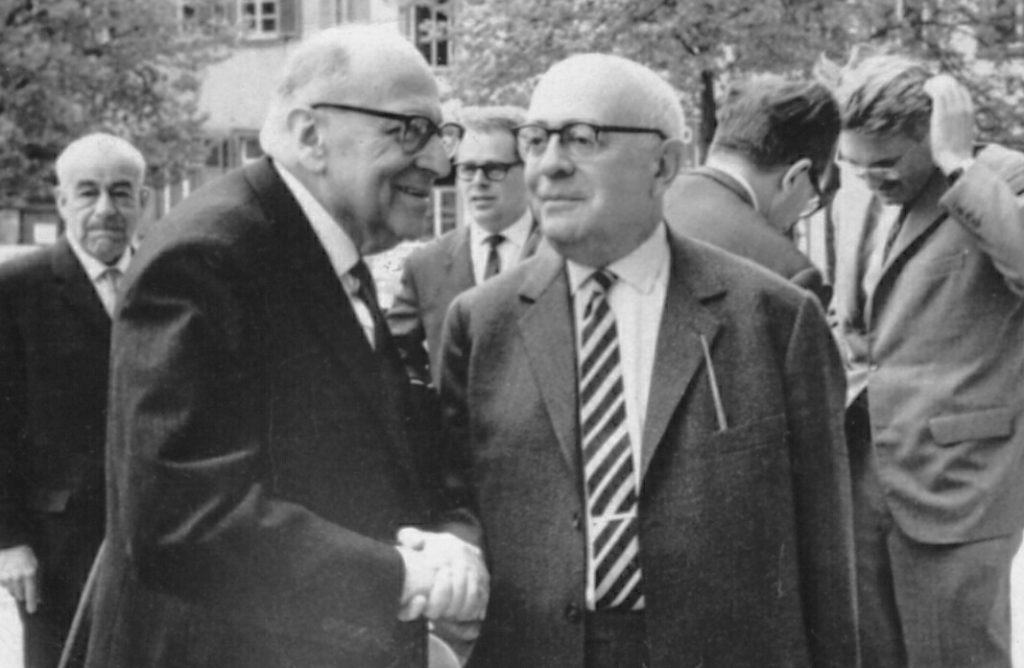
- Hammer and Adorno agree that cultural goods mass-produced for industrial purposes are not works of art, but commodities. Because the cultural industry is closely linked to science and technology, the result is a homogeneity of products, a loss of artistic transcendence, based more on secular ideas. As a result, people gradually become like machines, have lost their own, become cultural products of the appendage. Even the most perfect replica of an artwork lacks one element: its presence in time and space, its unique presence where it happens to be. At the same time, people gradually lose their wisdom and judgment and become passive consumers of cultural products.
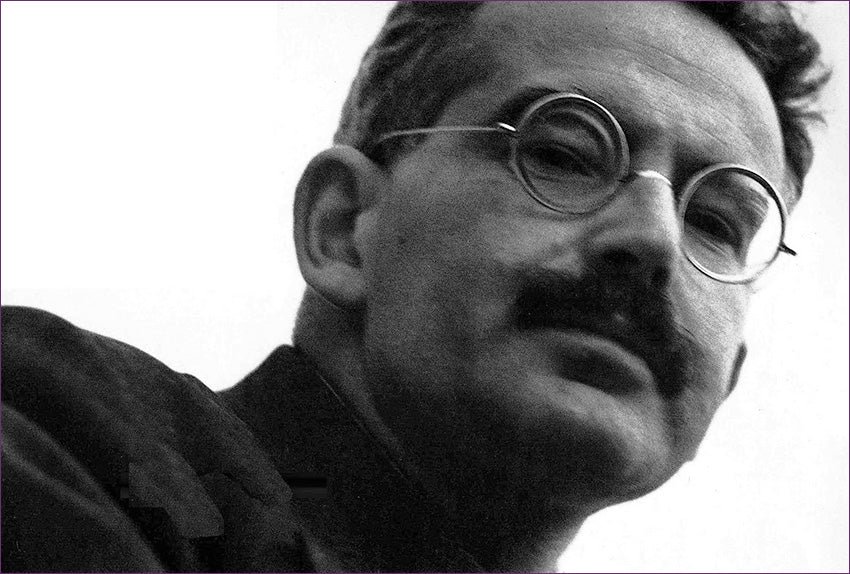
- Benjamin, however, held the opposite view. He had a positive view of the cultural industry and believed that cultural industrialization was the inevitable direction of progress in modern society. Traditional craftsmanship and dissemination rely mainly on the “narrative of time,” but in the modern information society, due to the “instantaneous” nature, modern humans are no longer focused on making time-consuming works of art, but on a large number of machine-replicating arts such as movies, newspapers, computers, etc. A very important part of these new technologies is digital technology, which combines with electronic media to create a new art form -digital media art, also known as “post-industrial” art form.
Argument & development
вАШThere is no God’s perspective on things, let alone absolute good or badвАШ
Adorno and Heimer’s artistic and cultural views have great influence on the future criticism of humanistic society and modern thought, but they have also been criticized by many. These controversies generally come from “elite cultural groups” in their cultural industries. According to their theory, there are advantages and disadvantages of culture, traditional culture is excellent and elegant, and popular culture today is inferior.
But now elegant classical art and works, such as opera and classical music, were part of the “pop culture industry” in the old days. So in Adorno and Hammer’s theory, the view of current pop culture and youth culture is partial and negative.
So we should look at cultural industry dialectically and understand the meaning of “cultural industry” and “cultural industry”.
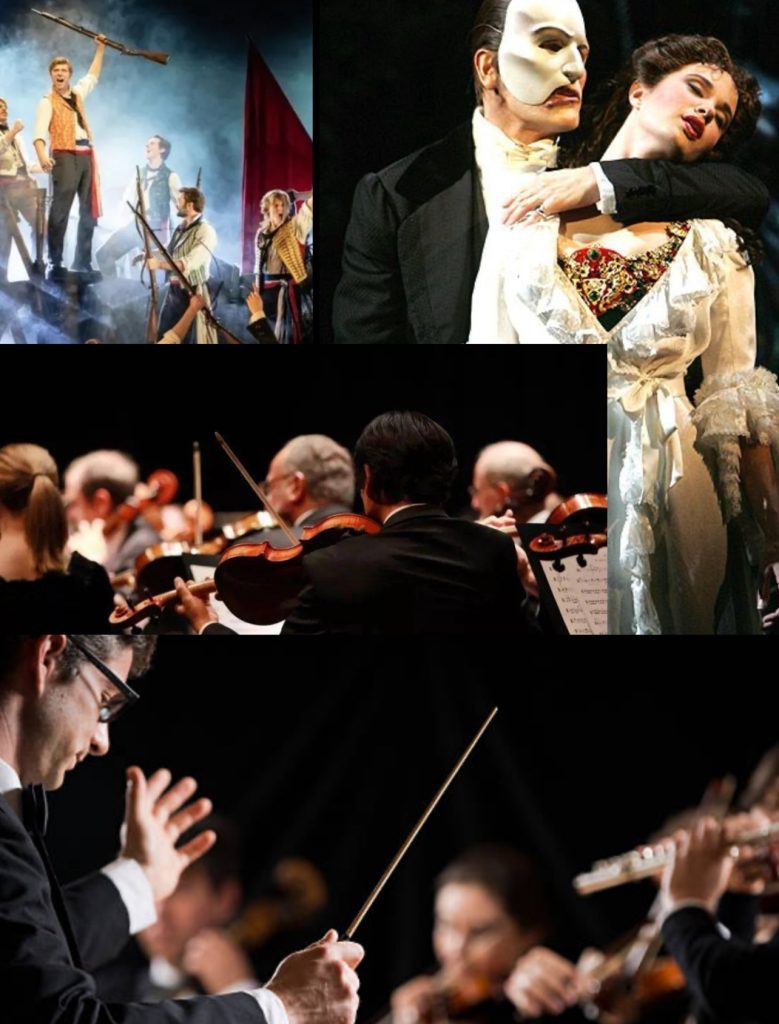
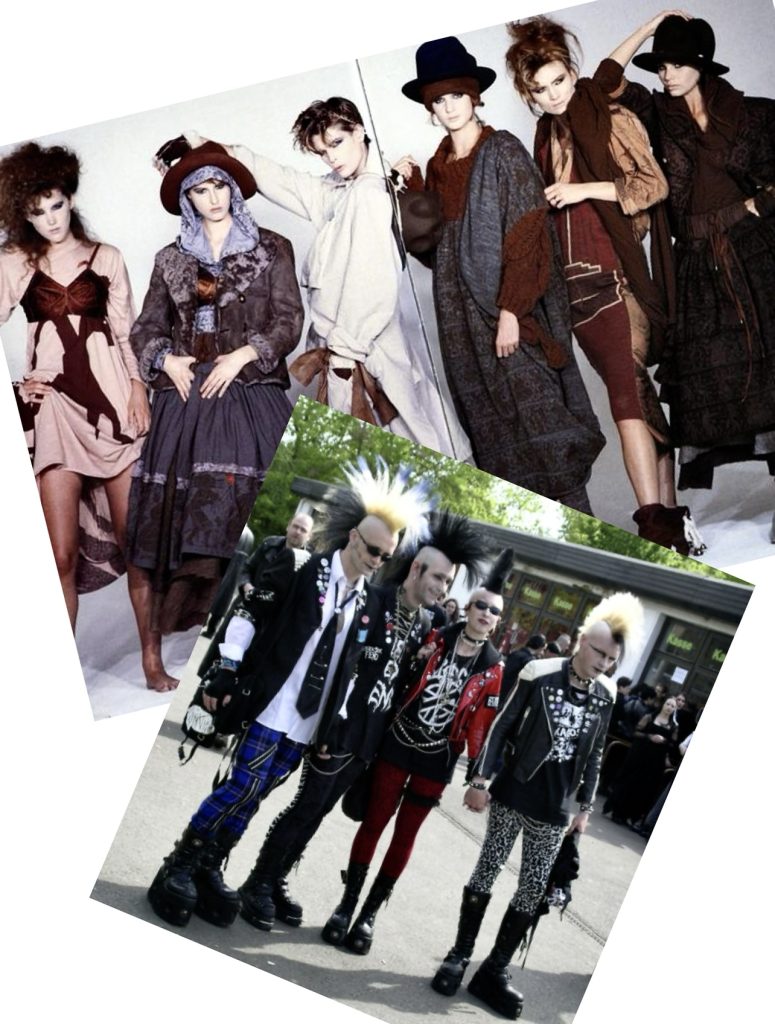
END
references
- Durham, Meenakshi Gigi, VLEBOOKS-9781405150309, SN – 9781405150309, Wiley-Blackwell, Media and cultural studies: keyworks, 2006/12/31
- Scannell, P. (2007). Mass communication. SAGE Publications Ltd, https://doi.org/10.4135/9781446211847
Yuwei Li w1900042

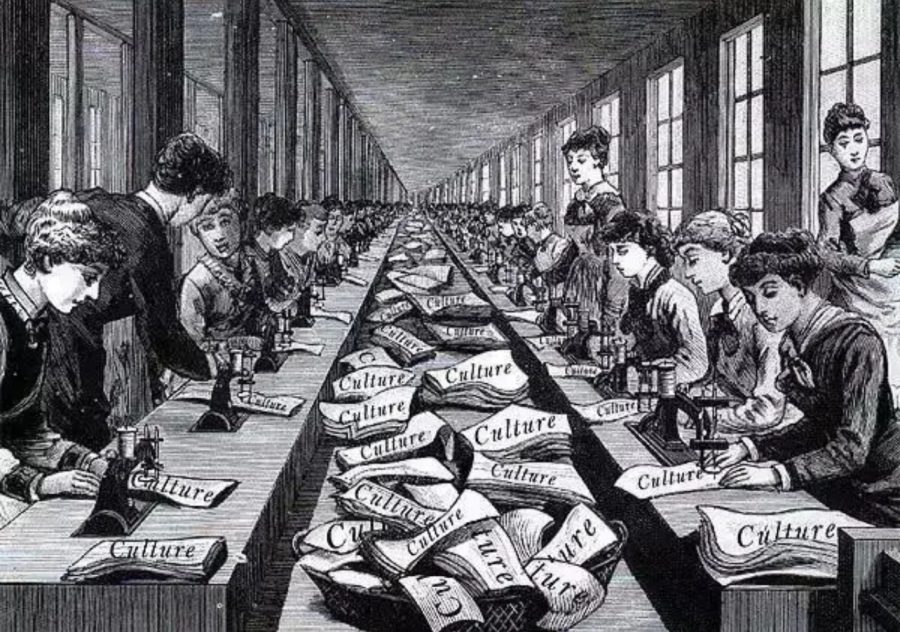
At the beginning, a very concise case is used to vividly explain the meaning of this theory to readers: people gradually become like machines, losing their own thinking and becoming appendages of culture. Then, the article compares and analyses the different ideas of two groups of people: Benjamin and Hammer & Adorno (one side believes that people are gradually turning into machines and losing themselves; the other side believes that cultural industrialization is the direction of human progress). Overall, it is a very concise, easy-to-understand article with clear ideas.
Hi yuwei, your blog gives us a clear account of the culture industry as proposed by Hammer and Adorno, and extends its later relevant developments, and likewise presents a completely new theoretical perspective by Benjamin. It’s great to explain the theoretical aspects clearly, but I think your blog needs more cases to support your theory. Because I think more words are not as direct as a typical case. Like in your blog you mentioned opera and classical music, which is an example, but you didn’t extend it to tell about how the culture industry is specifically represented in these two kinds of music. So I think that might be sort of a direction you need to take if you want to progress with your blog.